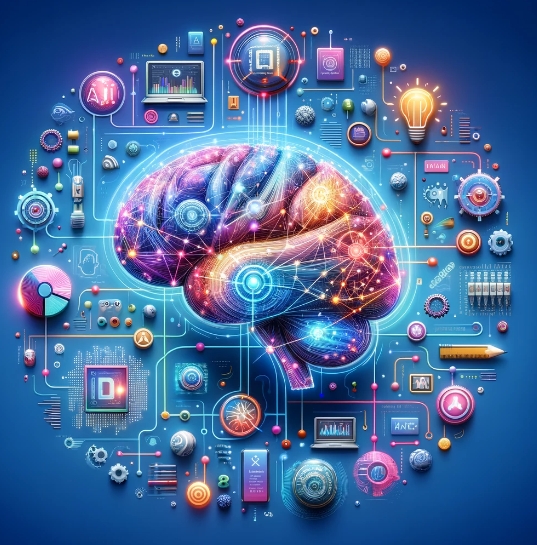Artificial Intelligence: What Does AI Stand For?
In our fast-paced digital world, the term “AI” has become a buzzword, often associated with cutting-edge technology and innovative solutions. Understanding what AI stands for and its implications can help everyone—from tech enthusiasts to everyday users—navigate its increasing presence in our lives. In this article, we delve into the meaning of AI and explore its significance in today’s society.
The Meaning of AI
AI stands for “Artificial Intelligence,” which refers to the simulation of human intelligence processes by computer systems. These processes include learning (the acquisition of information and rules for using it), reasoning (using rules to reach conclusions), and self-correction. The aim of AI is to enable machines to perform tasks that typically require human intelligence. As technology continues to evolve, AI is becoming more integrated into various fields, including healthcare, finance, and entertainment. Understanding this concept is crucial for recognizing how it impacts our daily activities and future trends.
Applications of AI in Everyday Life
AI is not just a futuristic concept; it significantly influences our everyday lives. From voice-activated personal assistants like Siri and Alexa to recommendation engines used by streaming services such as Netflix and Spotify, AI is at work behind the scenes. These applications utilize machine learning algorithms that analyze user behavior to provide personalized experiences. Furthermore, AI is being employed in fields such as healthcare, where it assists in diagnosing diseases and suggesting treatment options, thereby enhancing patient care. By familiarizing ourselves with these applications, we can better appreciate the advantages and limitations of AI technology.
The Future of AI
The future of AI is both exciting and daunting. Experts predict that as AI technology advances, it will be able to perform even more complex tasks, such as driving cars autonomously and conducting scientific research. However, this rapid growth also raises ethical concerns regarding job displacement and data privacy. Society must strike a balance between leveraging AI’s potential and maintaining ethical standards. Engaging in conversations about AI’s role can help individuals and communities prepare for the changes it will inevitably bring. By understanding its future implications, we can become more informed participants in shaping the direction of this transformative technology.
In conclusion, AI, or Artificial Intelligence, holds tremendous potential to revolutionize various aspects of our lives, from how we communicate to the services we use daily. By expanding our understanding of AI, we empower ourselves to navigate its complexities intelligently. We encourage you to explore more about AI, whether through online courses, articles, or discussions, to keep abreast of the developments and implications of this fascinating field.

